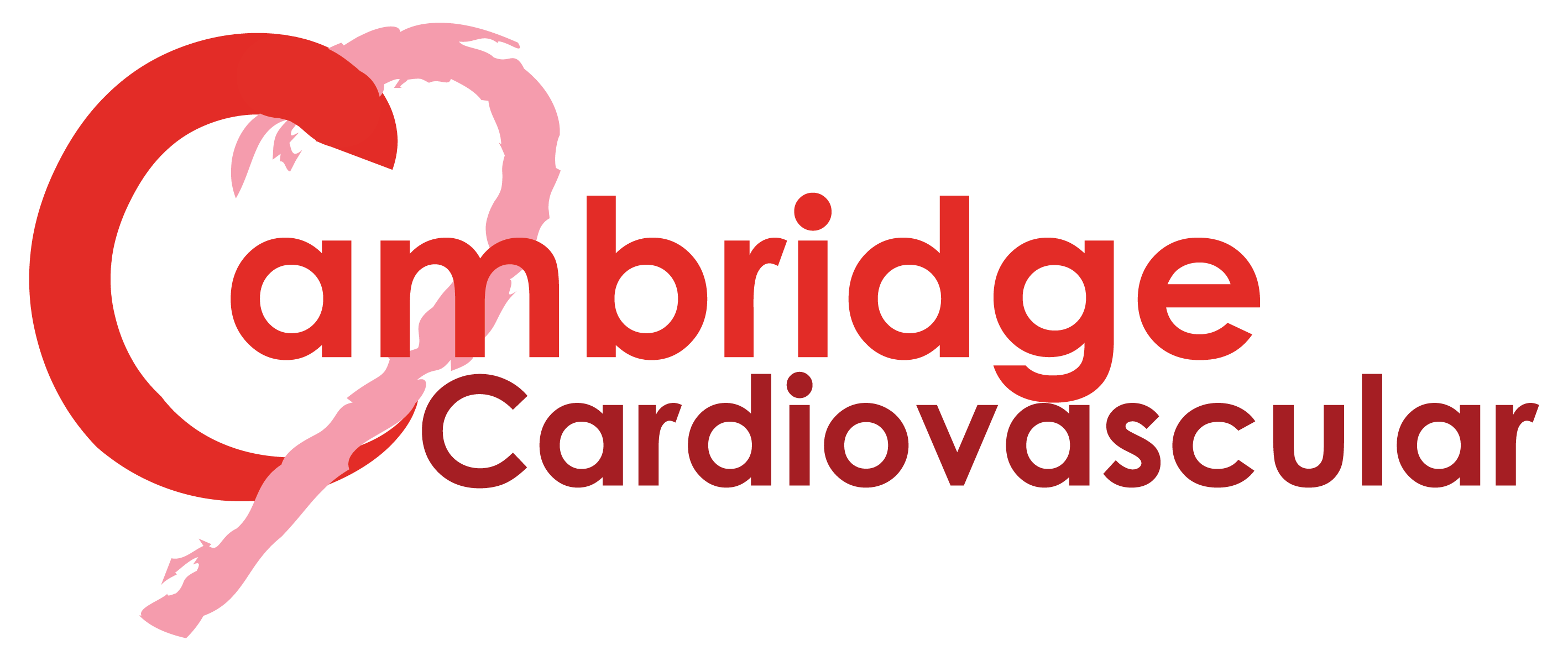Submitted by Administrator on Tue, 04/04/2017 - 13:38
MRC has awarded Prof Ziad Mallat a project grant worth £1.8M to study the effects of low dose IL-2 in patients with recent acute coronary syndrome.
Cardiovascular diseases (CVD) are the leading cause of mortality in the World. CVD mostly result from atherosclerosis - the build-up of fatty plaques in the walls of our arteries - that causes heart attacks and strokes. The build-up of cholesterol in the arteries leads to subtle chemical changes, making it recognised by our immune system as a strange 'non-self' material. The activated immune system sends white blood cells to try and clear away the fatty material, but this can cause the artery to become inflamed and make the disease worse.
More than a decade of research on the mechanisms of atherosclerosis has led to the identification by Prof Mallat's group that some types of white blood cells are helpful and can slow down the disease. Current treatments of atherosclerosis do not target the immune system but harnessing the helpful white blood cells might give us new effective treatments to combat the build up of fatty plaques in our arteries.
A substance called interleukin-2 (IL-2) is licensed for use at high dose in cancers of the kidney. Interestingly, recent research indicates that low doses of IL-2 selectively stimulate and expand the population of helpful white blood cells. Prof Mallat's group will test the hypothesis that treatment of patients with low doses of IL-2 will increase the population of helpful white blood cells and limit the detrimental effects of harmful white blood cells on our arteries. This new treatment strategy is expected to have major impact on both the individual and societal levels. The project will be run by an experienced team of scientists and clinicians in Cambridge during 2017.




